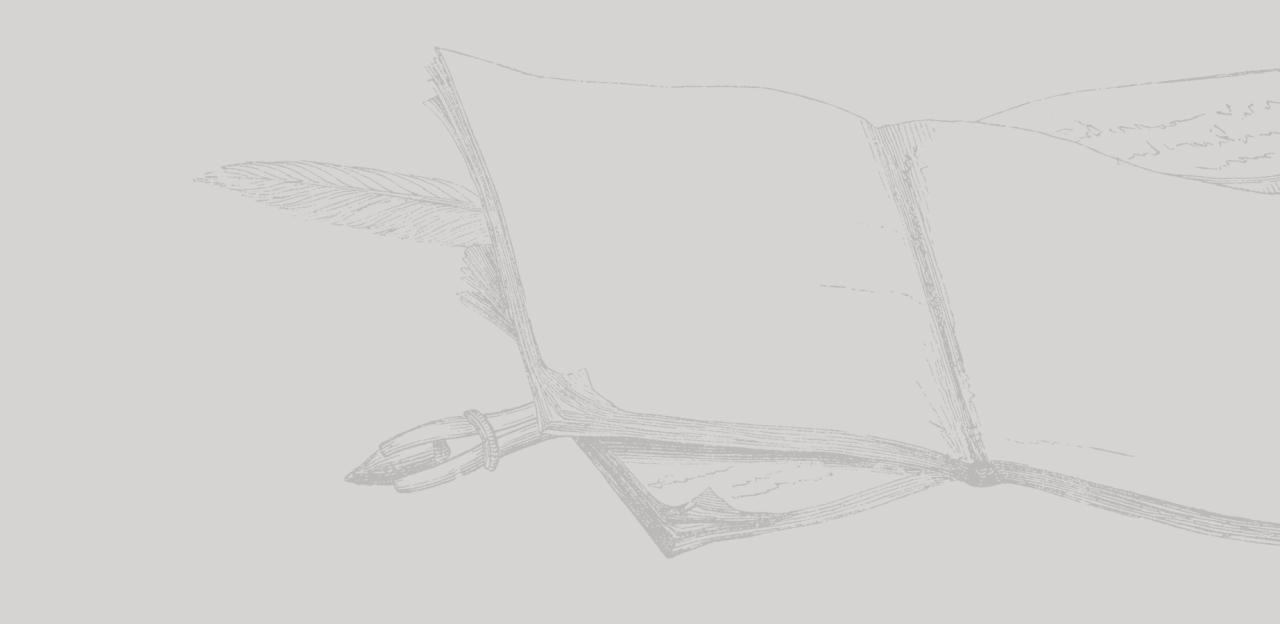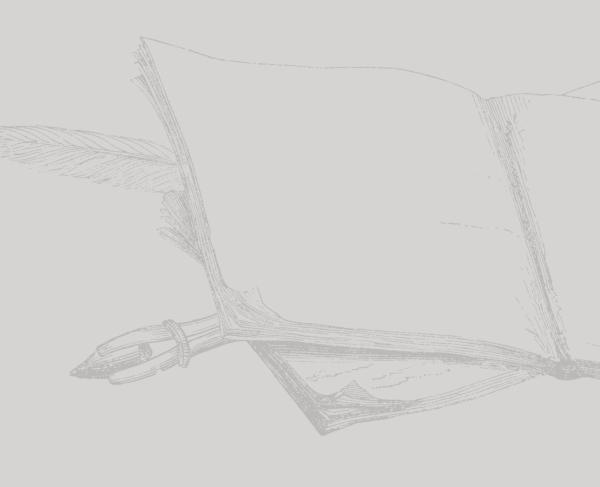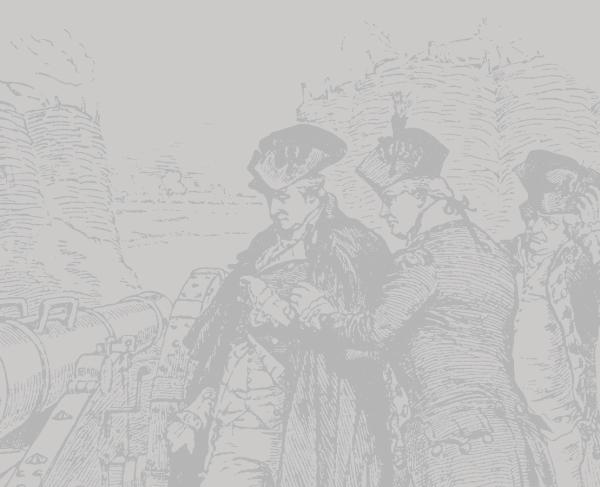"All trifling discourse of fashions, and such low little chat was thrown by..."

Elizabeth Wilkerson (nee Yonge) chronicled the Revolutionary War through letters she wrote. The letter below was written sometime during the spring of 1779 and 1780, prior to the British invasion of the lowcountry.
We staid over at Wadmalaw for some time. The enemy were all around my Father’s, but had not as yet been so complaisant as to visit him. The whole country was open to them. Nothing but women, a few aged gentlemen, and (shame to tell) some skulking varlets, inhabited it…The poor women were in the greatest distress imaginable. There was no hearing from Charlestown, where all our relations were ready to defend the town in case of an attack, and waiting for General Lincoln. Him, too, we could hear nothing about, unless from disaffected people and negroes, and they were always the most disheartening accounts that we did hear. Once we heard that the enemy had surrounded the town; that they were at Wando, Jame’s Island, and I don’t know how many more islands; however, it seemed that they had cut off all means of provision getting to town, and that our troops there were in starving condition.
Such reports as these were constantly circulated about, and half distracted the people. Some believed, others disbelieved. I was one of the unbelievers. However, it was the constant topic of conversation. Some said one thing, some another; and depend upon it, never were greater politicians than the several knots of ladies who met together. All trifling discourse of fashions, and such low little chat was thrown by, and we commenced perfect statesmen. Indeed, I don’t know but if we had taken a little pains, we should have been qualified for prime ministers, so well could we discuss several important matters in hand.
Many days were in this cruel suspense, lamenting the situation we were in, and the report concerning our brethren in Charlestown. The few persons who were at Wadmalaw began to waiver; some insisted it would be rash and foolish for them to make any resistance; however, they turned out to watch the enemy’s movements, and I believe had a shot or two at some of them; but finding that they began to move in large parties to Jame’s and John’s Islands, they all repaired to their homes to wait the event. I can’t say all, either; some few, whose bodies were inhabited by true American souls, stood in opposition to the last, until they were unfortunately surprised one rainy night, when they were keeping guard, and fell into the enemy’s hands.
When I found how affairs stood in Wadmalaw, I took a melancholy leave of my sister, Mrs. Smilie, and returned to my Father’s. But still I could hear nothing of our long looked for General. It was moving—in the highest degree distressing, to hear the cry re-echoed from every trembling mouth, “Where is Lincoln?” but rather, said I, where’s the Lord God of Israel? Will he indeed deliver us into the hands of these Philistines? No; the upholding hand of God was visible; for, though the whole country was open to the enemy, nothing but women and children left unprotected at home; husbands, fathers, brothers, friends, and countrymen far away, where we could not have the least information of them; yet we did not wholly despond, we trusted in more than feeble flesh and blood, and, though our troubles were great, our dependence was not in vain.
At last my brothers, with the Willtown hunters, arrived from Charlestown. Judge of our joy, augmented, too, by their assuring us that they had heard from Gen. Lincoln; that he was hurrying to our assistance, and would be soon with us! How we congratulated one another on these tidings; we could now converse with cheerfulness, and take pleasure in each other’s company; the gloom, which had so lately darkened every object, seemed dispelled, and hope, smiling hope, succeeded.
“Hope, of all passions, most befriends us here;
Passions of higher note befriend us less.
Joy has her tears,--and transport has her death:
Hope, like all cordial, innocent, though strong,
Our hears at once enlivens, and serenes.”
Hope seems implanted in us. It is the foundation of happiness. The great Creator, knowing our weak, desponding natures, has endowed us with it to soothe, soften, and heal the wounds of keen distress and anguish, and make us bear with fortitude the many misfortunes which attend humanity. Without this gentle healing passion, dreadful despair would take possession of us; and then, oh, what then, but misery unutterable! What makes the infernal regions so hideous, but the loss of hope? I have never considered the same Hope, nor seen it in the light I have lately done. It makes a kind of paradise on earth. Great, then, must be qualities, which can find happiness in a soil whose chief produce is sorrow.
Farewell! my dear Mary. I am in a moralizing humor, so I will lay down my pen, and induce reflection for awhile. I am very busy just now, so that my hands and thoughts will both be employed in work and contemplation. You will laugh, and say I am a contemplative mortal. Yes, by fits and starts; a philosopher too, in my way! Not of the sect of Stoics though. I do most heartily despise those insensible beings. They are void in creation. Once more, adieu—Heaven bless you.
Eliza W.
Source:
Wilkinson, E. & Joseph Meredith Toner Collection. (1839) Letters of Eliza Wilkinson, during the invasion and possession of Charlestown, S.C., by the British in the Revolutionary War. Gilman, C. H., comp New York, S. Colman. [Pdf] Retrieved from the Library of Congress, https://www.loc.gov/item/13018437/.

